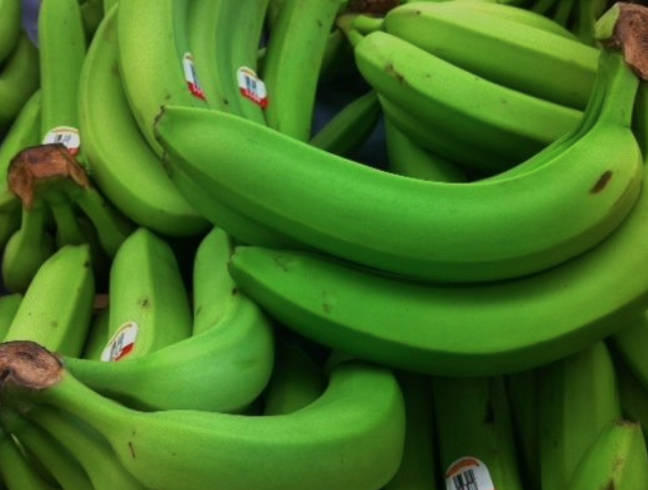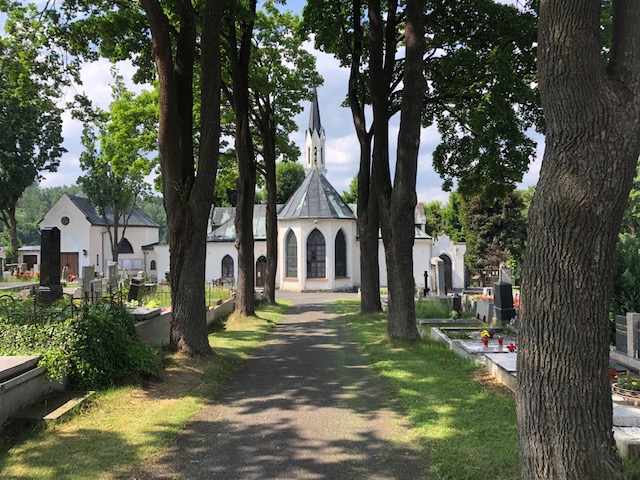This slightly sarcastic piece was massively improved by contributions from 4 colleagues: -Brent, Owen, Neil & Mike- all of whom I’ve been lucky enough to know for years. Thanks chaps. You’ll be able to spot where I’ve used your stuff.
Optimist. noun
- a person who tends to be hopeful and confident about the future or the success of something. “only an eternal optimist could expect success”
Bananas
A bit like a 99-year-old man with heart failure buying green bananas, exploration geologists are optimists. We have to be. A bad case of pessimism would be a huge impediment to building a geological career that survives past the initial 5-minute interview with the VP Exploration.

“Can I have a job please? I don’t think we’ll ever find anything, but I’ll give it a go if you pay me.”
“WTF? No. No. No. Who let you in? Piss off. I don’t need a depressed hat stand on my team. Please don’t slam the door.”
A wellness website I picked at random for its daft name, has this to say about optimism. “(it) is a mental attitude characterized by hope and confidence in success and a positive future. Optimists … expect good things to happen….. Optimistic attitudes are linked to a number of benefits, including better coping skills, lower stress levels, better physical health, and higher persistence when pursuing goals.” To which I’d add “poverty” if your optimism is directed at the junior mining sector, although strictly speaking that’s not really a benefit.
Continue reading “A Few Thoughts On Optimism In Exploration”

